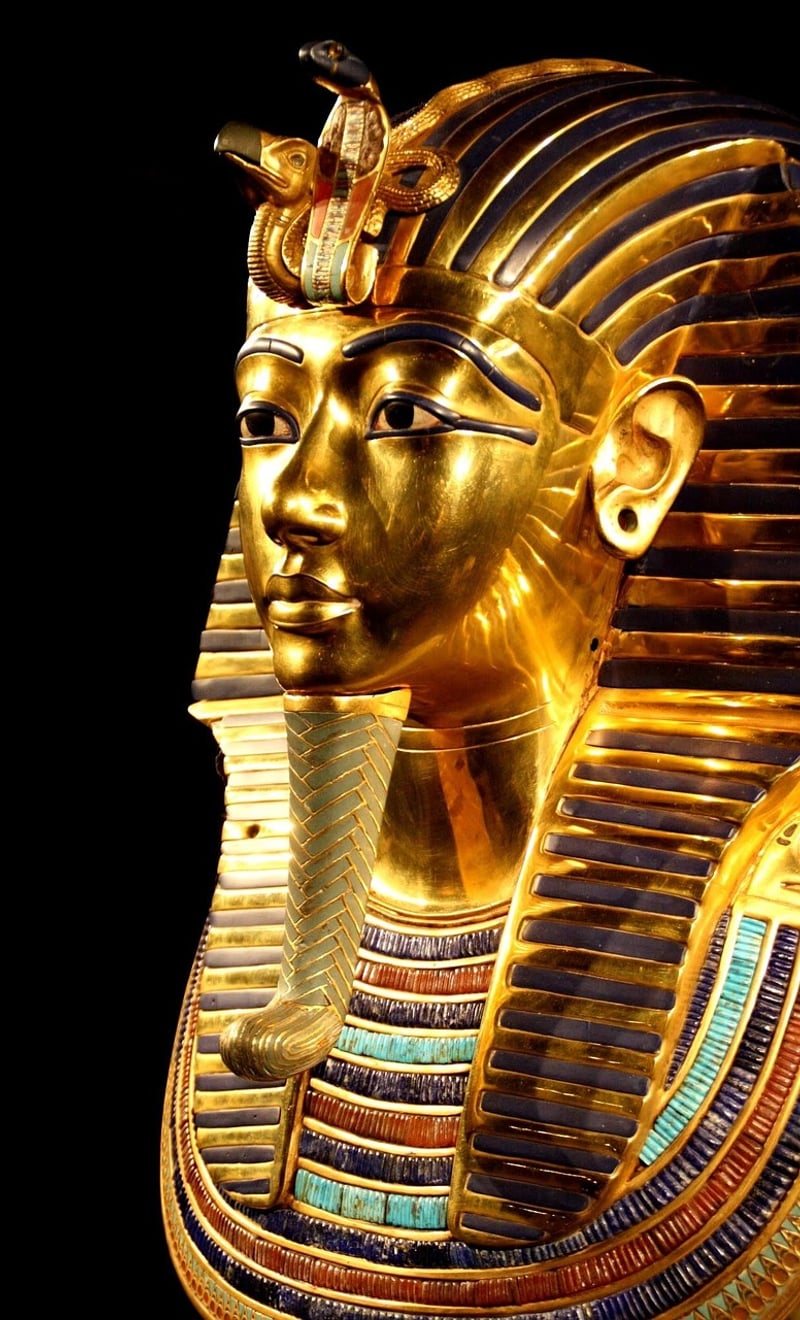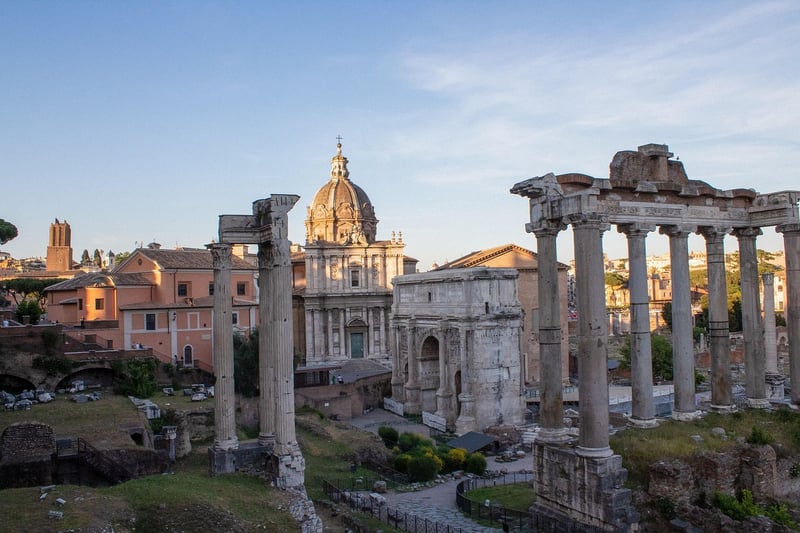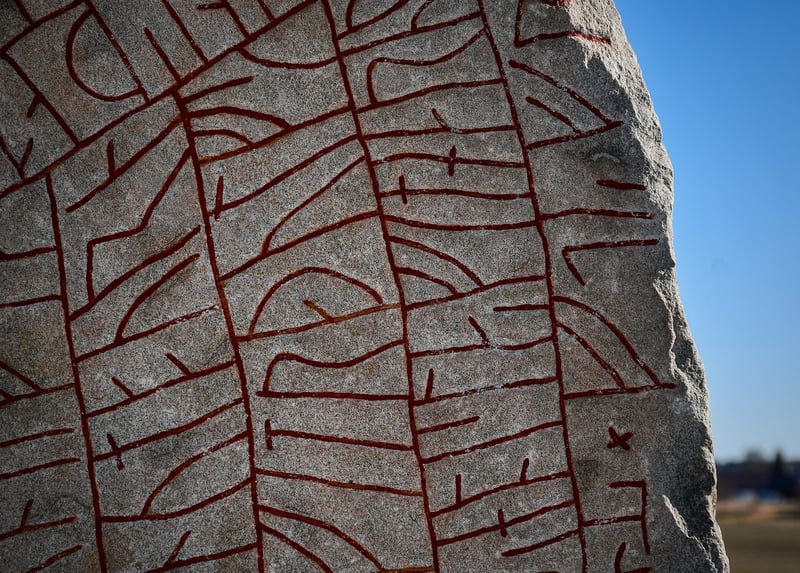Ancient Discoveries
Exploring Different Time Periods and Ancient Discoveries
Ancient Mesopotamia: The Cradle of Civilization

Ancient Mesopotamia, located in present-day Iraq, is often referred to as the cradle of civilization. It is known for its contributions to writing, law, and urban development. The Sumerians, Akkadians, Babylonians, and Assyrians all thrived in this region, leaving behind fascinating artifacts and structures that continue to be studied today.
The Egyptian Pharaohs: Mysteries of the Pyramids

The ancient Egyptian civilization, with its Pharaohs and monumental pyramids, has captivated historians and archaeologists for centuries. The Great Pyramid of Giza, built as a tomb for Pharaoh Khufu, remains an architectural marvel and a testament to the ingenuity of the ancient Egyptians.
The Greek Golden Age: Philosophy and Democracy

Ancient Greece is renowned for its Golden Age, a period marked by significant advancements in philosophy, art, and governance. The city-state of Athens, with its Acropolis and democratic principles, became a beacon of intellectual and cultural achievement that continues to inspire modern society.
The Roman Empire: Engineering Marvels and Legal Systems

The Roman Empire, known for its vast territorial expanse and enduring legacy, excelled in engineering feats such as aqueducts and roads. Additionally, Roman law laid the foundation for many legal systems around the world, showcasing the empire's influence beyond its borders.
Conclusion
Exploring different time periods and ancient discoveries allows us to delve into the rich tapestry of human history and appreciate the achievements of our predecessors. From the innovation of Mesopotamia to the grandeur of Egypt, the intellectual fervor of Greece, and the organizational prowess of Rome, each civilization has left an indelible mark on the world.
